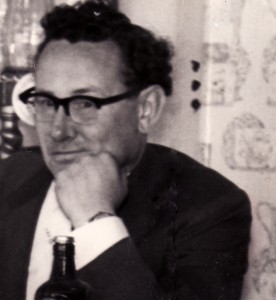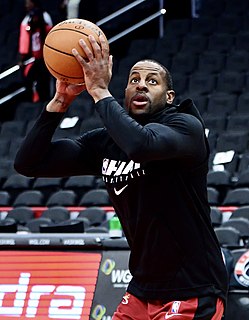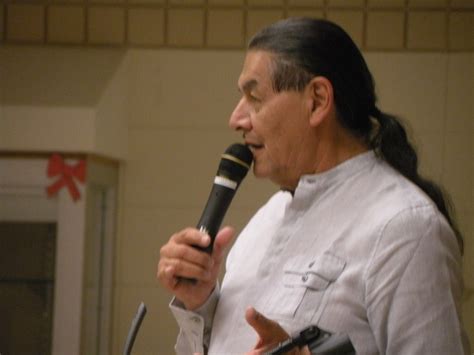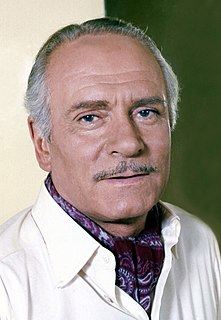A Quote by John Christopher
The secret of success in battle lies often not so much in the use of one's own strength but in the exploitation of the other side's weaknesses.
Quote Topics
Related Quotes
LeBron doesn't have any weaknesses, or he doesn't have a glaring weakness. So you've got to pick up on the smaller things to try to make him uncomfortable. Like knowing which side he likes to shoot threes off the dribble, which side he likes to drive. One side he'll drive left more often, and the other side he'll drive right more often.
Weakness and strength are necessary for balance. No one or nothing is only weak or only strong. But some of us overlook our weaknesses, and even deny that we have them. That can be dangerous, because denying there is a weakness is in itself a weakness. Likewise, accepting that we have weaknesses becomes a strength. And by the same token, overestimating strength is a weakness. You should not be blinded by your strengths. The feeling of strength is not the same as having strength. Neither should you ignore your weaknesses. Know them well, too.
For success I consider three factors are necessary: firstly, an awareness of my own strengths and weaknesses; secondly, an accurate understanding of my opponent's strengths and weaknesses; thirdly, a higher aim than momentary satisfaction. I see this aim as being scientific and artistic achievements, which place the game of chess on a par with other arts.
If I love the other person, I feel one with him or her, but with him as he is, not as I need him to be as an object for my use. Respect thus implies the absence of exploitation: it allows the other to be, to change and to develop 'in his own ways.' This requires a commitment to know the other as a separate being, and not merely as a reflection of my own ego. According to Velleman this loving willingness and ability to see the other as they really are is foregrounded in our willingness to risk self-exposure.




































